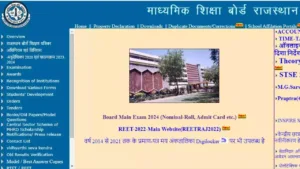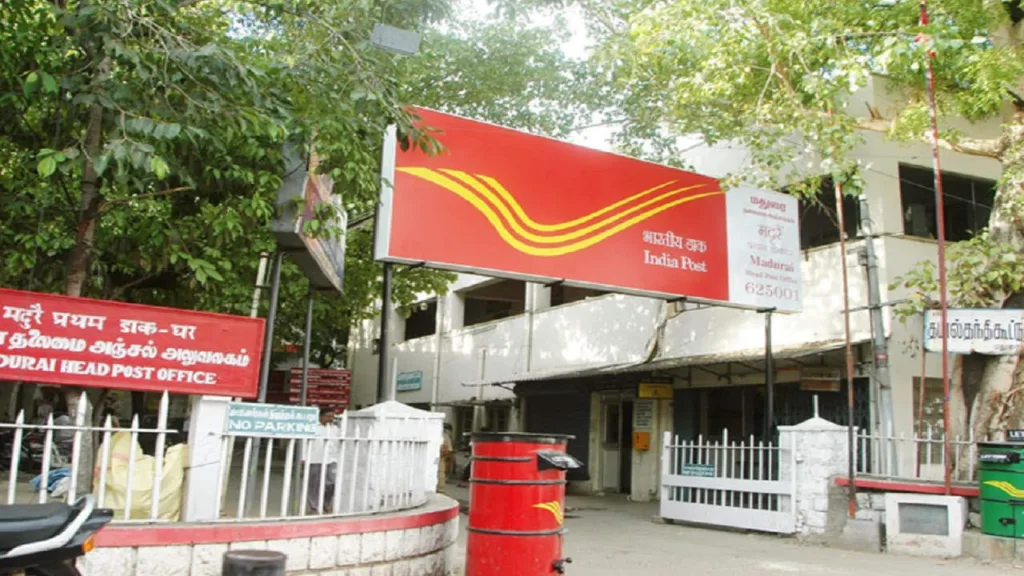Losing a parent is a life-altering event, especially for a child. When the loss is coupled with the financial strain of a single-parent household, the challenges become even more daunting. In India, the government recognizes these difficulties and offers a helping hand through the Financial Assistance to Dependent Children of Widows and Destitute Women (FDCDWW) scheme.
Understanding the Scheme’s Purpose
The FDCDWW scheme aims to provide a safety net for children who have lost their fathers or whose parents (both mother and father) are no longer able to support them. This financial assistance helps ensure that these children’s basic needs are met and their education is not disrupted due to financial constraints.
Who Can Apply?
The scheme is open to widows and destitute women residing in India who have dependent children below 18 years of age. Destitute women are those who lack the financial means to support themselves and their families. Here’s a breakdown of the eligibility criteria:
- The applicant: Must be a widow or a destitute woman with dependent children. Legal guardians of children who have lost both parents can also apply.
- The child: Must be below 18 years of age or still pursuing education in school or college.
- Residence: The applicant (widow/destitute woman or legal guardian) should be a resident of the state/UT for a minimum period, which varies depending on the location.
Important exclusions to remember:
- Children already receiving a family pension from the central or state government are not eligible.
- Children who are under the care of government or NGO institutions are also not included in the scheme.
Benefits of the Scheme
The FDCDWW scheme provides financial support to eligible families. The amount and other details may vary slightly depending on the specific state or UT implementing the scheme. Here’s a general overview of the benefits:
- Monetary assistance: A monthly stipend is provided for each dependent child. The exact amount can range from Rs. 1000/- to Rs. 2000/- per child, depending on the state/UT.
- Duration of assistance: The financial aid is typically provided until the child reaches 18 years of age. In some cases, it may be extended if the child is pursuing higher education.
Beyond Financial Support: Additional Resources
While the financial assistance is crucial, it’s important to remember that children who have lost a parent may also require emotional support and guidance. Here are some resources that can be helpful:
- Child helplines: These helplines offer emotional support and counseling to children in distress. You can find the contact details for your state’s child helpline online or by contacting local NGOs.
- Women’s support groups: Connecting with other widows or women facing similar challenges can provide a sense of community and shared experiences. Local NGOs or government agencies might offer support groups or know of resources in your area.
Applying for the Scheme: A State-Wise Approach
The application process for the FDCDWW scheme varies depending on the state or UT where you reside. Here’s how to find the specific details:
- State government websites: Most state governments have dedicated websites with information on social welfare schemes. Search for the Department of Social Welfare, Women & Child Development for your state. The website should have details about the FDCDWW scheme, including eligibility criteria, application forms, and contact information.
- NGOs: Local NGOs working in the area of women’s empowerment and child welfare may be able to assist you with the application process.
Remember: It’s important to keep all necessary documents handy, such as proof of widowhood, income certificates, child’s age proof, and residence proof. The application process might involve online registration or visiting government offices.
The FDCDWW scheme is a significant step towards ensuring the well-being of children from disadvantaged backgrounds. By providing financial assistance, the government aims to lessen the burden on widows and destitute women and offer their children a chance for a brighter future. If you or someone you know qualifies for this scheme, don’t hesitate to reach out and avail the benefits.














